There are many things that can cause us stress and anxiety in our lives such as arguments with our partners, pending deadlines at work, being cut up in traffic, financial pressures, kids running amok and so on. And mental stress leads to physical stress such as poor sleep, craving for unhealthy foods, addictions, weight gain, diseases and even heart attacks. Indeed, the most common time to have a heart attack is on Monday morning before work!
We know that meditating, gratitude and cultivating other mental resilience techniques are hugely beneficial but they are often difficult to introduce into our lives and the effects are not so immediately apparent. It can often take many months to really notice the positive effects that meditation can have on relaxing us for example. Don’t get me wrong, we think meditation is great. But maybe there are some basic interim steps that can be taken first. So here are our top 5 ways to reduce stress easily, without meditating!

1. Diet
Caffeine
Caffeine stimulates our sympathetic nervous system and causes our adrenal glands to release cortisol (the stress hormone). It provides a stimulating effect on the brain, wakes us up, releases happy brain chemicals (dopamine and serotonin) and can give us laser like focus to “get the job done” at work. It’s addictive. Ultimately it exacerbates our stress response to situations. Quitting caffeine can be hard however so replacing it with alternatives that provide a similar lift without the draining effects are ideal. Certain teas contain a compound called “L theanine” which counteracts the caffeine to provide a smoother high without the accompanying jitters, mental stress and subsequent fatigue crash. In fact L theanine is so useful that Functional Medical Practitioners often prescribe it to patients to help with stress, depression and sleep problems. Which teas have the best caffeine/L theanine ratio? Easy just follow this chart (> equals "better than").
Matcha > Green Tea > Black Tea > Coffee > Coca Cola > Red Bull
Time to notice stress improvements: less than 24 hours
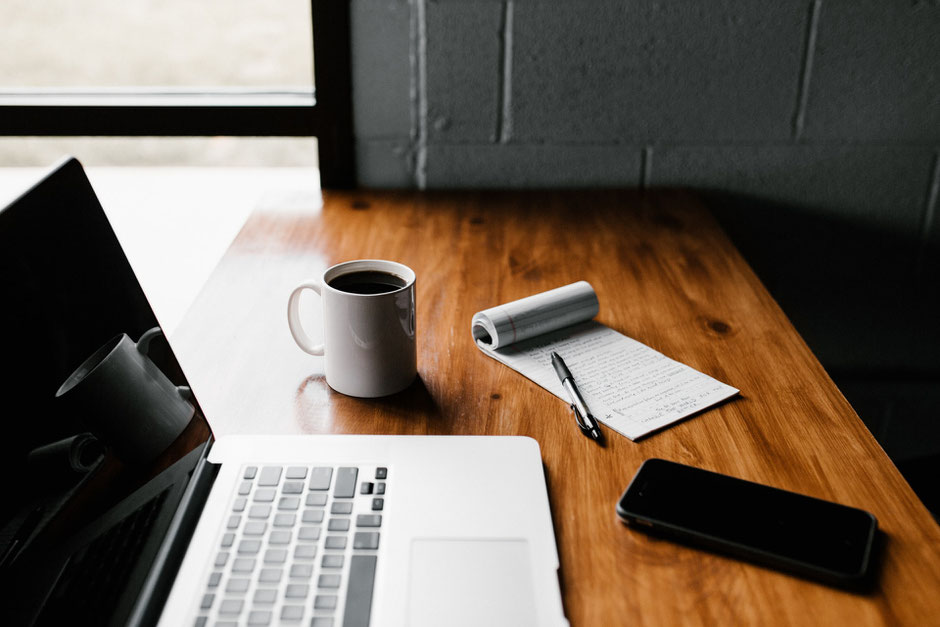
High GI (sugary) Foods
A diet high in sugar and refined carbs is incredible stressful on the body and hence the mind. White sugar is a nutrient-devoid excitotoxin (like MSG) that stimulates the central nervous and ramps us up ready to “fight or flight”. Likewise, refined carbs such as white bread, pasta, cookies, cakes, pizza are all going to contribute to an increased stress response, not immediately after consuming, but sometime later. This is particularly the case in people who are genetically more predisposed to a higher fat and lower carb type diet such as those from the Northern Europe, Northern China and colder regions. The solution? Eat right for your Primal Pattern Diet Type, aka your metabolic type, aka your genetic type.
Time to notice stress improvements: 1 day to 1 week
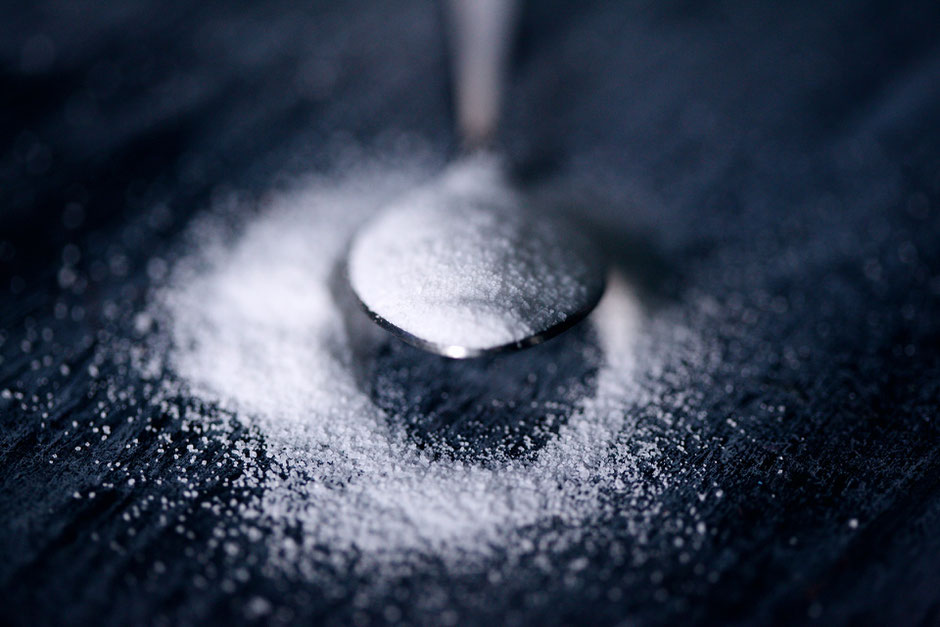
2. Exercise
Overexercising
Exercising too much is incredibly stressful on the body, it can also be addictive too as it may be the only way we have of releasing some endorphins (happy brain chemicals) and getting in that “me” time we all crave in a busy world. If you’re pounding it hard in the gym regularly and pounding it hard in the office (or WFH) then you’re loading up your system physically and mentally. Choosing better forms of exercise or different exercise periods is going to be preferential in the long run. For example, a 60-minute run is going to raise your cortisol consistently high over that period. However, a 60-minute personal training session is only going to raise your cortisol whilst you’re performing the exercises and not whilst you’re resting. So, it’s less stress on your body in total. Short HIIT (High Intensity Interval training) sessions are not that long but they send your cortisol levels through the roof and are super demanding unless you have the mental disposition of a Tibetan Monk. They should be avoided if you’re looking to manage your stress and anxiety levels.
Purely in terms of stress levels and cortisol release follow this simple guide:
Walking > Strength Training > Body Building > Jogging > Running > HIIT
Time to notice stress improvements: 1 week to 1 month

Evening Exercise
When you finish work, and the sun is going down, your cortisol levels should be falling and melatonin (the sleepy hormone) should be rising. Getting you ready for a good night’s sleep. If, however, you decide to go and punish yourself on a long run or in the gym, you’re going to raise your cortisol levels, smash those melatonin levels right down (because melatonin has a yin/yang or inverse relationship with cortisol) and get a crappy night’s sleep. And of course, a lack of sleep leads to reduce mental repair and increased stress the next day.
Solution? Only light exercise after mid-afternoon.
Time to notice stress improvements: 1 day to 1 week

3. Under-exercising
Humans are born to move. Everything that is alive moves. Everything that is dead does not. The more we sit around and do nothing the more we are moving towards that permanent sedentary state known as “The Big Sleep”. The more sedentary we are the further we are from homeostasis and a balanced human being. The more “unhuman” we are the more stressful this is on our subconscious and conscious mind.
Solution? Start walking. Everywhere.
Time to notice stress improvements: a few days to 1 week
If you love this article then sign up for our fortnightly newsletter to get these FREE eGuides delivered straight to your inbox...
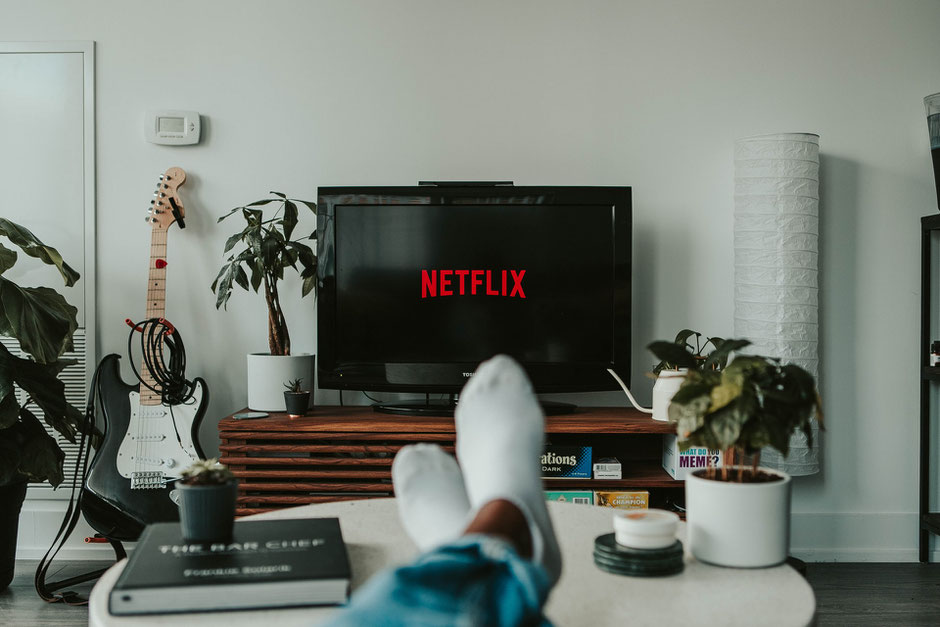
4. Breathing
When we are mentally stressed this creates a physical response in the body. Our breathing becomes shallow, we take shorter breaths and breathe only into our chest. By forcing ourselves to breathe deeply we can fool our mind into thinking that the perceived mental stress is gone. A physical change influencing a mental change. And it works!
Solution? Take 10 deeps breaths 3 times a day, and particularly when you feel stressed. Concentrate on a long pause between inhaling and exhaling and on a long slow exhale. Something like this:
- Inhale through the nose: 4 seconds
- Hold: 6 seconds
- Exhale: 8 seconds
From a biochemical perspective the longer we hold our breath and exhale the more CO2 in the body. Increasing CO2 increases our parasympathetic nervous system (parasympathetic = rest and relax). As long as we don't hold our breath to the extent that it becomes stressful. Play around with the times to see what works best for you.
Time to notice stress improvements: 3 minutes
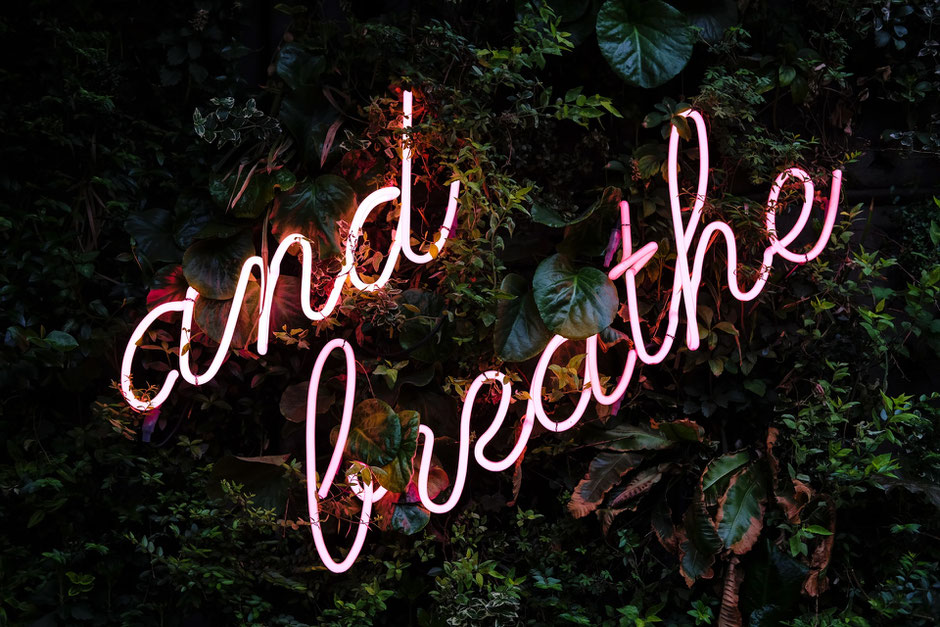
5. Sleep
We physically and mentally recharge when we sleep. If you’re not getting enough sleep, or you’re not getting deep sleep you are going to impede physical and/or mental repair. This means your tolerance for dealing with stress the following day is going to be greatly diminished.
Solution? Check out our article on how to sleep like a baby!
Time to notice stress improvements: a few days to 1 week
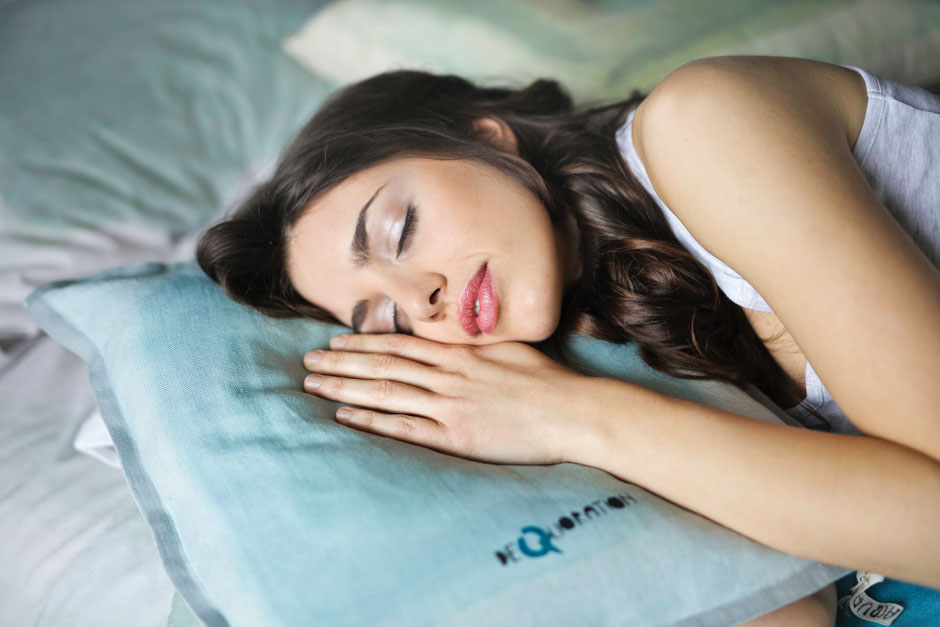
Wrapping Up
So there you have it. Your top 5 ways to reduce stress easily…without meditating. If you don’t fancy doing any of those things then we have an awesome plan B for you. Start meditating! Enjoy!
To your health, happiness and longevity,
The Levitise Team
P.S. If you love this blog post then do check out our fortnightly newsletter where you'll get the freshest content on health, nutrition and fitness delivered straight to your inbox. Don't miss out and sign up here with just your name and email.




Write a comment